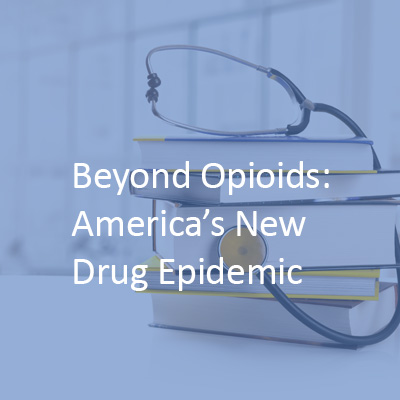Why Debriefing Matters
Clinical debriefing is increasingly recognized as a cornerstone of patient safety, team learning, and organizational improvement. Borrowed from high-stakes fields like aviation and the military, debriefing provides structured, facilitated opportunities for healthcare teams to pause after clinical events—routine or critical—and reflect on actions, decisions, and outcomes.
Unlike morbidity and mortality conferences or formal root cause analyses, debriefings are timely, team-based, and embedded into daily practice. They create space for reflection in a psychologically safe environment, enabling frontline staff to share insights that might otherwise remain hidden.
From Event to Learning: How Debriefing Works
A debrief typically takes just a few minutes but can have a lasting impact. The process allows clinicians to:
- Reflect on performance: What went well? What could be improved?
- Identify system gaps: Are there environmental, process, or resource issues that hindered care?
- Strengthen communication: Did the team share information clearly and effectively?
- Build resilience: How can the team prepare for the next similar event?
For example, during one debriefing following the stabilization of an infant with coarctation of the aorta, staff identified that the children’s ED satellite pharmacy did not stock prostaglandin. The nearest supply was several blocks away—an unacceptable delay in a high-stakes scenario. In another debriefing, NICU staff discovered that blood products could have been accessed more quickly from the L&D unit one floor below, rather than waiting 17 minutes for delivery from a distant location.
These insights, gathered in the moment, not only address immediate risks, but also inform broader system-level improvements.
Creating the Feedback Loop
To move from conversation to action, debriefings must feed into a structured feedback loop. This includes:
- Sharing lessons learned with leadership and across units
- Implementing tangible changes to address identified gaps
- Celebrating improvements so staff see the impact of their input
When frontline staff members see that their voices lead to real change, their engagement deepens, and trust in leadership grows. This is essential for sustaining a culture of continuous learning and safety.
Breaking Down Silos
Debriefing also provides a unique opportunity to strengthen collaboration across disciplines. When risk professionals or patient safety leaders participate in these conversations, they are seen not just as auditors, but as allies in improvement. This partnership helps break down silos, integrate risk management into daily practice, and build stronger relationships between frontline staff and leadership.
Proactive, Not Just Reactive
Although debriefings are technically conducted after an event, they are inherently proactive. By identifying vulnerabilities early, they reduce the likelihood of recurrence and help prepare teams for future challenges. Over time, routine debriefings reinforce the expectation that learning is part of clinical practice, not an occasional exercise reserved for rare adverse events.
Building a Culture of Safety
A culture of safety is the foundation of high-reliability healthcare organizations. Clinical debriefing is one of the simplest, yet most powerful tools to operationalize that culture. Even brief post-event reflections improve team communication, reveal system vulnerabilities, and reinforce effective practices.
Done consistently and well, debriefing:
- Strengthens team trust and collaboration
- Supports professional development and resilience
- Encourages shared accountability for patient safety
- Leads to better outcomes for patients and staff alike
Final Thoughts
Debriefing is not just about analyzing mistakes—it is about learning together, growing together, and ensuring safer care. By embedding this practice into daily routines, healthcare organizations can transform isolated experiences into opportunities for system-wide improvement.
Debriefing builds stronger teams. Stronger teams deliver safer care.
Want to discuss your specific risk challenges? Contact Catherine Mullaney, MHA at cbretz@med-iq.com.









